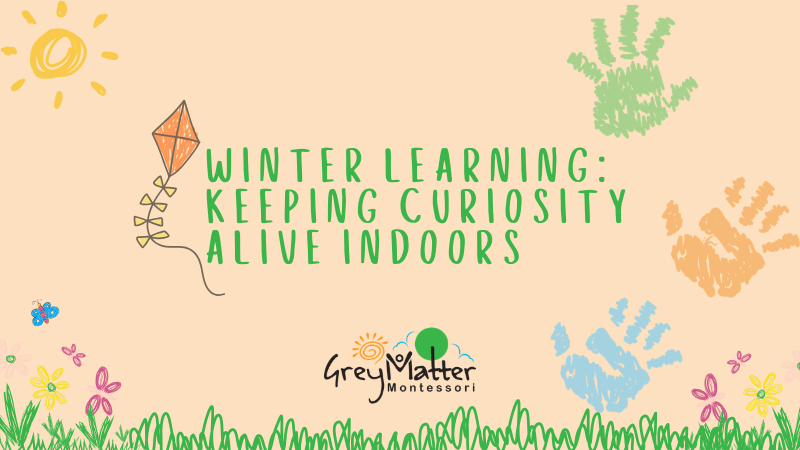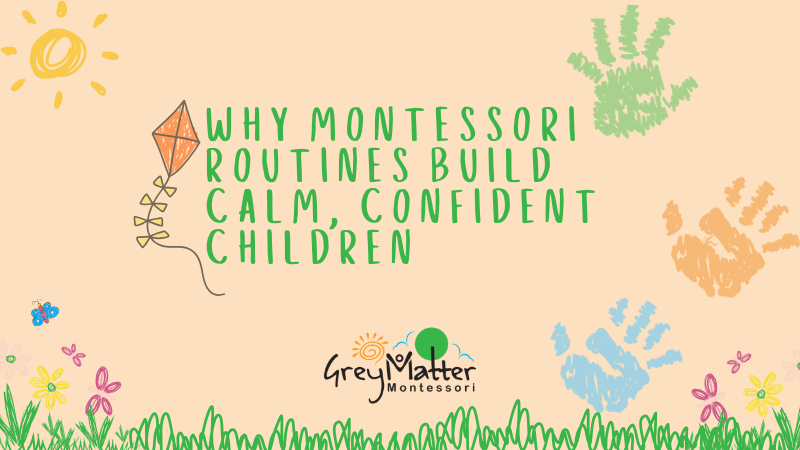In the dynamic landscape of education, various methodologies have emerged, each promising to shape young minds in unique ways. One such approach that has gained considerable attention is Montessori education. Developed by Dr. Maria Montessori in the early 20th century, this method emphasizes a child-centric, hands-on learning experience. Beyond the colorful classrooms and tactile materials lies a profound question: What is the impact of Montessori education on academic achievement? Let's delve into the research and findings that shed light on this fascinating educational philosophy.
Fostering Intrinsic Motivation and Love for Learning
One of the standout features of Montessori education is its emphasis on intrinsic motivation. Traditional educational models often rely on external rewards and punishments to drive academic performance. In contrast, Montessori classrooms cultivate a love for learning from within. Research studies, such as the one conducted by Lillard and Else-Quest in 2006, have consistently found that Montessori-educated children exhibit higher levels of intrinsic motivation compared to their counterparts in conventional educational settings. This internal drive not only enhances academic achievement but also lays the foundation for a lifelong passion for learning.
Development of Executive Function Skills
Montessori education places a strong emphasis on the development of executive function skills, which include cognitive processes like working memory, attention control, and cognitive flexibility. A longitudinal study led by Miller and Bizzell in 2013 observed that children who attended Montessori schools demonstrated superior executive function skills compared to those in traditional classrooms. These skills are crucial for academic success, as they contribute to improved problem-solving abilities, enhanced focus during tasks, and a better capacity to adapt to changing academic demands.
Individualized Learning and Personalized Progress
In a traditional classroom setting, students often follow a one-size-fits-all curriculum, leaving little room for individual differences in learning styles and paces. Montessori education, on the other hand, embraces the concept of individualized learning. Research by Dohrmann et al. in 2007 suggests that this tailored approach leads to more personalized progress and academic success. By allowing students to explore subjects at their own pace and delve deeper into areas of interest, Montessori education nurtures a sense of autonomy and self-directed learning, ultimately contributing to higher levels of academic achievement.
Social and Emotional Development as Pillars of Academic Success
Academic achievement is not solely measured by grades and test scores; a holistic approach considers the social and emotional well-being of students. Montessori education places a strong emphasis on the development of these crucial aspects. A meta-analysis conducted by Lillard in 2012 found that Montessori-educated children exhibit higher levels of social and emotional development compared to their peers in traditional settings. The emphasis on cooperation, communication, and conflict resolution within the Montessori environment not only contributes to a positive classroom atmosphere but also lays a solid foundation for academic success by fostering emotional intelligence and interpersonal skills.
As we reflect on the impact of Montessori education on academic achievement, the evidence is compelling. The research and findings consistently highlight the positive influence of this approach on various aspects of a child's development. From cultivating intrinsic motivation to fostering executive function skills and embracing individualized learning, Montessori education stands out as a holistic model that goes beyond conventional measures of academic success. By nurturing social and emotional development, it equips students with the tools needed not only to excel academically but also to thrive in a rapidly evolving world.
Written on behalf of Grey Matter Montessori.
FAQs:
Q: Are Montessori schools only for academically gifted children?
A: No, Montessori education is designed for children of all abilities and learning styles, promoting holistic development beyond academic achievements.
Q: What role does the teacher play in a Montessori classroom?
A: Montessori teachers act as guides, observing and facilitating students' learning, offering support when needed, and fostering independence
Q: How does Montessori address individualized learning?
A: Montessori classrooms provide materials and activities that cater to individual interests and learning styles, allowing students to progress at their own pace.






